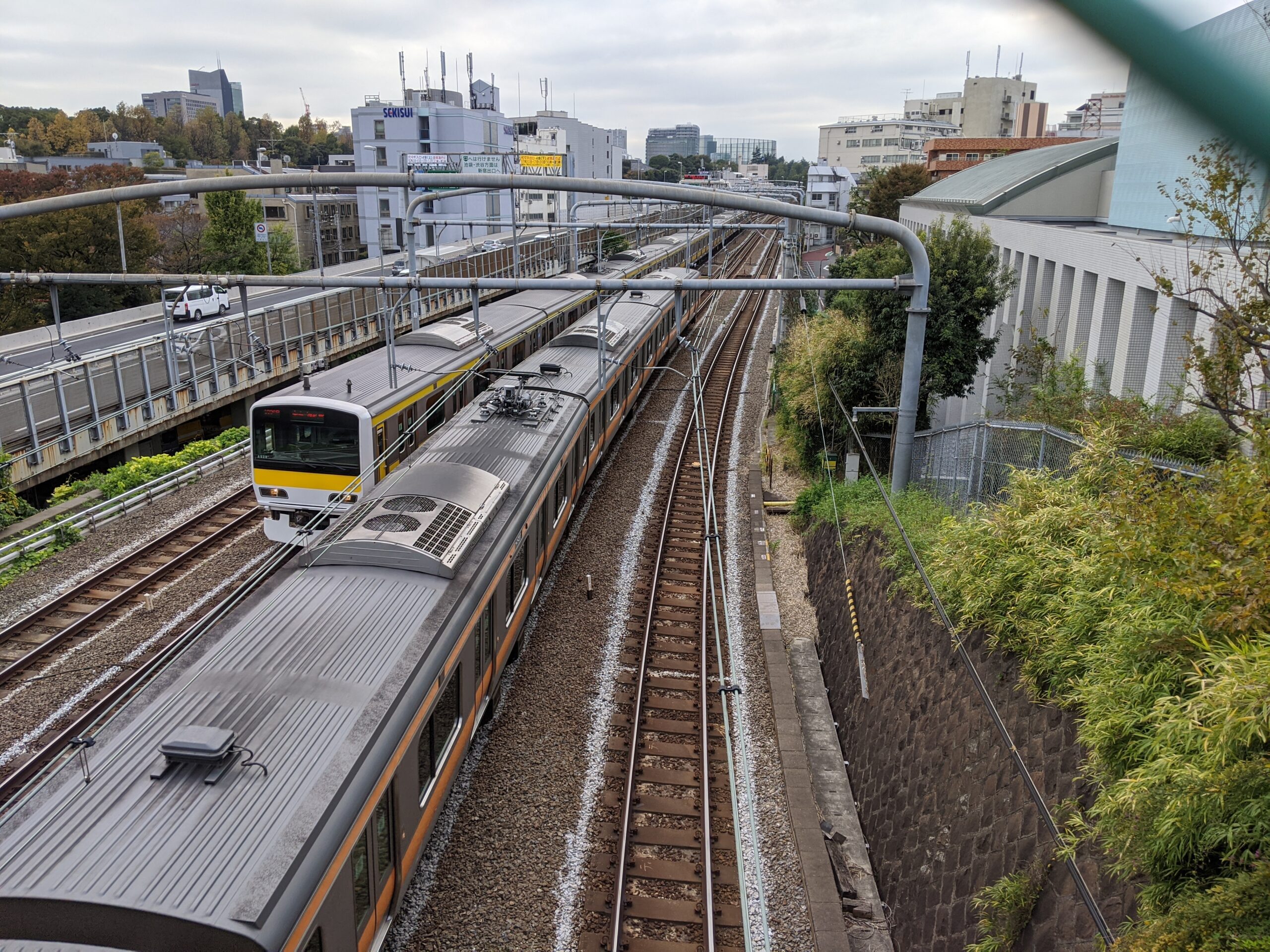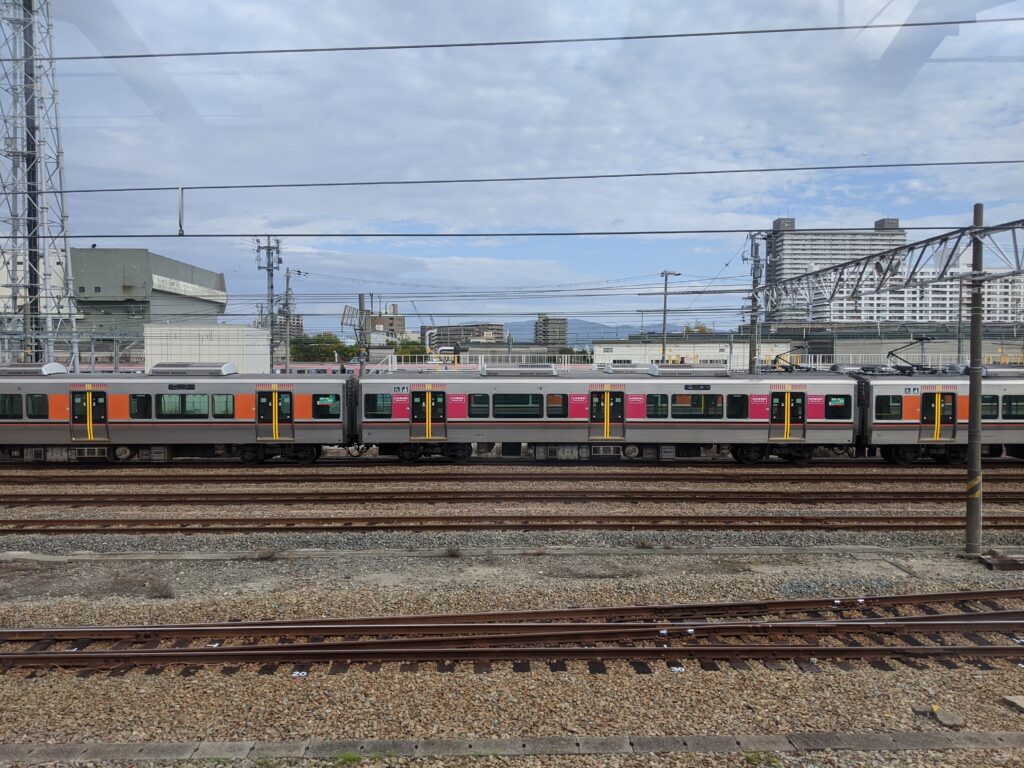Unique Reasons Japanese Public Transport Revolutionizes Business Productivity

Japan’s public transport system is globally recognized for its efficiency, punctuality, and extensive coverage. With the original Tōkaidō Shinkansen (bullet train) celebrating its 60th anniversary, it is worth exploring how businesses can benefit from this world-class infrastructure. Whether you are visiting for a short-term project or establishing long-term operations, Japan’s transport system offers significant advantages for business travel, operations, and logistics.
Unrivalled Punctuality and Reliability
Punctuality is a hallmark of Japanese public transport. Trains and metros operate with a level of precision that is hard to match elsewhere, with delays rarely exceeding a few seconds. For businesses, this reliability translates into better time management, making it easier to reliably coordinate meetings, site visits, and events.
For example, in Tokyo, metros and trains run so frequently and reliably that you can plan your day with confidence, knowing you will not be delayed by traffic or erratic schedules. This level of reliability is a stark contrast to many countries abroad, where public transport schedules, although extensive, can be prone to delays and disruptions. In cities like London or Paris, issues such as strikes or maintenance further disrupt schedules, making it challenging to travel efficiently, particularly for intercity connections.
Linking Major Cities with Ease
Despite Japan’s extensive landmass, its infrastructure makes traveling between major cities remarkably fast and convenient. The Shinkansen stands out as a game-changer for business travel. With speeds reaching up to 320 km/h, it connects major cities like Tokyo, Osaka, and Nagoya in a matter of hours.
This high-speed rail network enables same-day travel for business. A typical day could involve attending a morning meeting at your Tokyo headquarters, visiting a production facility in Nagoya by noon, and participating in an evening networking event in Osaka before returning to Tokyo. The seamless connectivity of Japan’s transport network allows businesses to operate across multiple cities without the inefficiencies associated with air travel or congested roadways.
Cost-Effective Travel Solutions
Another key advantage of Japan’s public transport system is its cost-effectiveness, particularly for temporary visitors. The Japan Rail Pass (JR Pass) offers unlimited travel on JR-operated trains, including Shinkansen, for a fixed period. This is an invaluable resource for international businesspeople looking to maximize their time and resources in Japan.
For businesses with visiting executives or project teams, the JR Pass reduces travel costs while providing the flexibility to explore new markets, attend trade shows, and visit regional partners. Moreover, planning and booking are simplified thanks to the JR app and website, both of which are available in English. Travelers can reserve seats, check schedules, and manage itineraries with ease, minimizing the challenges of navigating a foreign transport system.

60 Years of the Shinkansen: A Legacy of Innovation
This year marks the 60th anniversary of the original Tōkaidō Shinkansen, a symbol of Japan’s commitment to innovation and progress. Since its debut as the first Shinkansen line in 1964, the Shinkansen network has expanded, transforming how people and goods move across Japan. This in turn has contributed to economic growth and regional development. For businesses, this legacy represents more than just a transport system—it is a foundation for reliable and rapid connectivity that drives opportunities.
The Shinkansen has consistently set the global standard for speed and safety, with innovations that ensure a comfortable and efficient journey, even in an earthquake-prone country. These features make it an indispensable tool for businesses operating in Japan.
Beyond the Cities: Accessing Regional Opportunities
Japan’s public transport system is not limited to its urban centers. Regional railways and buses provide access to rural areas, enabling businesses to explore opportunities beyond major cities. Whether it’s visiting manufacturing facilities in the countryside or attending a regional event, Japan’s infrastructure ensures that even remote locations are accessible.
While some rural areas may have less frequent services compared to metropolitan centers, the overall connectivity of Japan’s network ensures that businesses can operate across diverse locations. This versatility is especially beneficial for companies involved in manufacturing, agriculture, or regional partnerships.
Conclusion
Japan’s public transport system is a strategic asset for businesses. Its punctuality, efficiency, and affordability provide unmatched advantages for travel and logistics. Whether you are attending meetings in Tokyo, exploring opportunities in Osaka, or visiting production sites in rural Japan, the country’s infrastructure ensures that you can do so seamlessly.
As the Tōkaidō Shinkansen celebrates its 60th anniversary, it remains a shining example of how infrastructure can drive economic and business growth. By leveraging Japan’s world-class public transport system, your business can achieve greater efficiency, expand its reach, and seize new opportunities in this dynamic market.
If you would like to know more about how Japan, and its public transport system, can help your company succeed, contact us here or via our LinkedIn.






